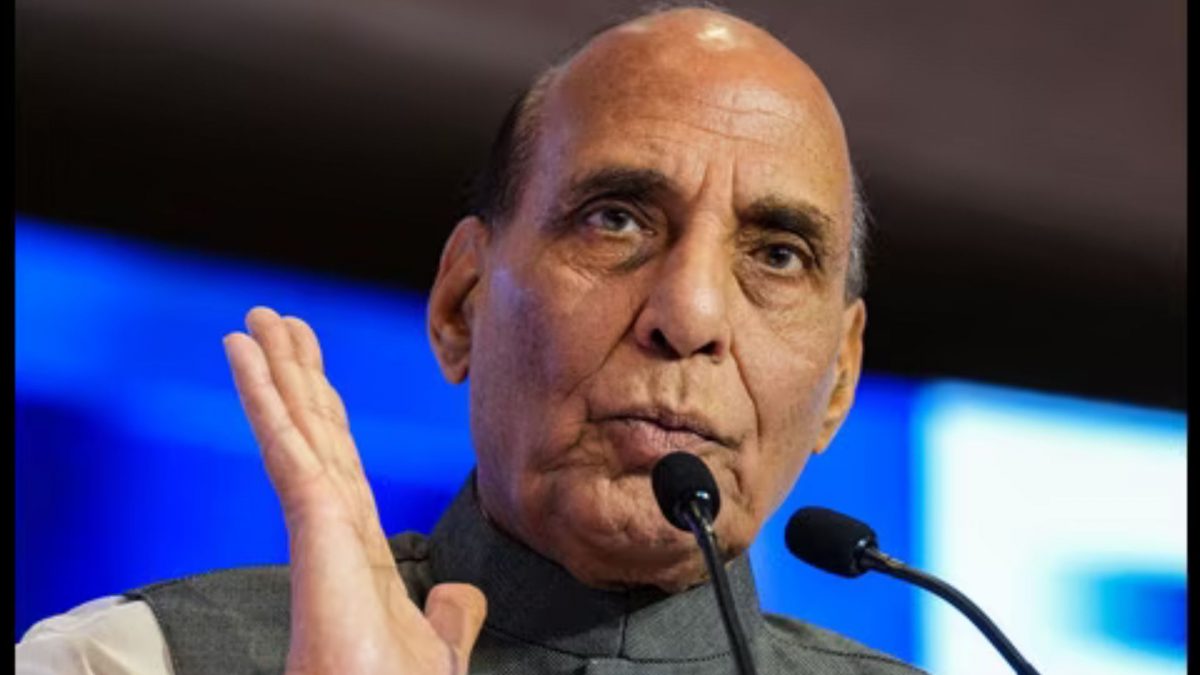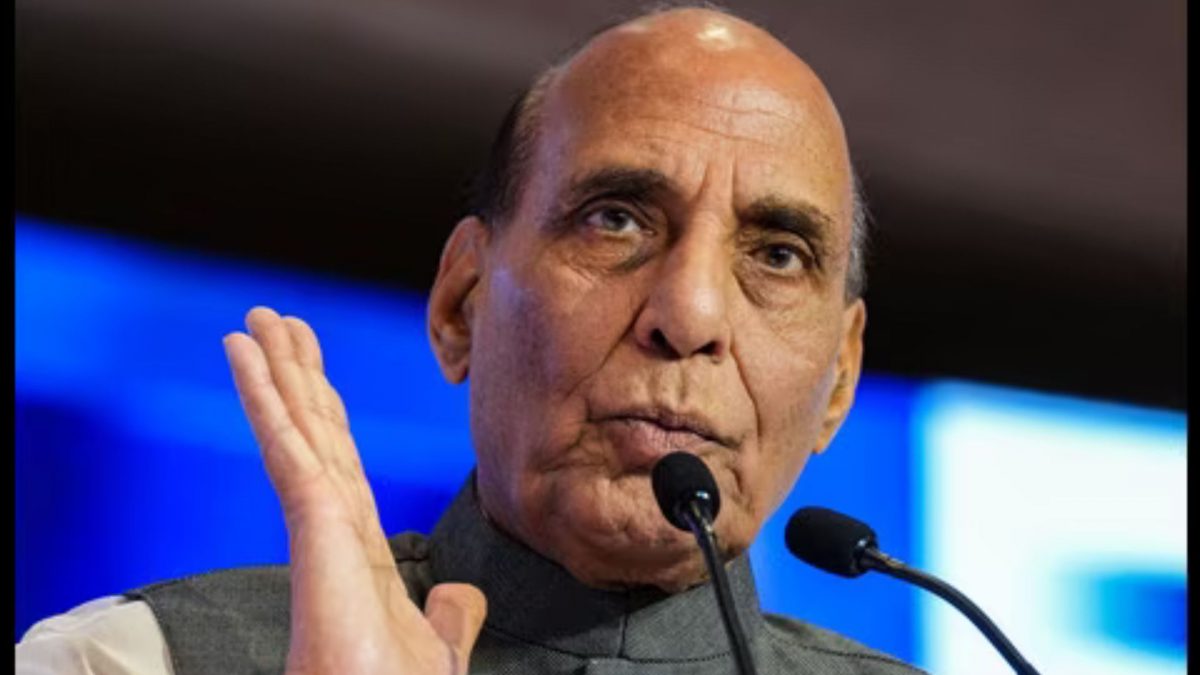US President Donald Trump is planning to slash budgets for social programmes like health and education as he mulls boosting defence spending, a White House budget blueprint has revealed.
In total, Trump has proposed cutting non-defence spending by a whopping $163 billion. This cut will also impact environmental and renewable energy schemes, as well as the FBI. Similarly, the Drug Enforcement Administration and the Bureau of Alcohol, Tobacco, Firearms and Explosives may also see their budgets being slashed.
A 13% boost to defence
On the flip side, the Trump administration has proposed a 13 per cent rise – to more than $1tn – in the Pentagon budget.
This comes despite Trump having vowed to withdraw the US from “forever wars” abroad.
All in all, the budget for 2026 shows a 22.6 per cent cut in spending when compared to the current fiscal year, ending September 30.
The proposal involves significant reductions in funding for entities like the National Institutes of Health, which conducts extensive research into disease treatments, including cancer, and also for the Centers for Disease Control and Prevention. However, they allocate $500 million to the “Make America Healthy Again” initiative, a programme championed by Trump’s health secretary, Robert F. Kennedy Jr.
Department of Homeland Security gets boost
In contrast, the agency responsible for border security, the Department of Homeland Security, would receive a 65 per cent increase in its budget.
This clearly shows how much importance Trump places on stopping migrants from entering the United States.
Doge effect?
The plan to reduce government spending aligns with the stated objectives of Elon Musk’s informal group, called “Doge,” which aims to improve government efficiency.
This team has gained access to various federal departments, such as the Social Security Administration, with the stated goal of eliminating “waste, fraud, and abuse.” Doge’s forceful actions have included drastically reducing the operations of USAID, the government agency that provides aid to other countries. The proposed budget reflects significant reductions in foreign aid expenditures.


)
)
)
)
)
)
)
)
)